As the question says so that in the following string:
"2 x 500ml 1664 êcole beer £8.0"
i would get 2 and 1664 returned only.
Ive tried: [1-9][0-9]* which is close but returns the 500 in 500ml and the 8 in #8.0
The idea is to return the quantity when reading a line in a receipt, hence the example above.


